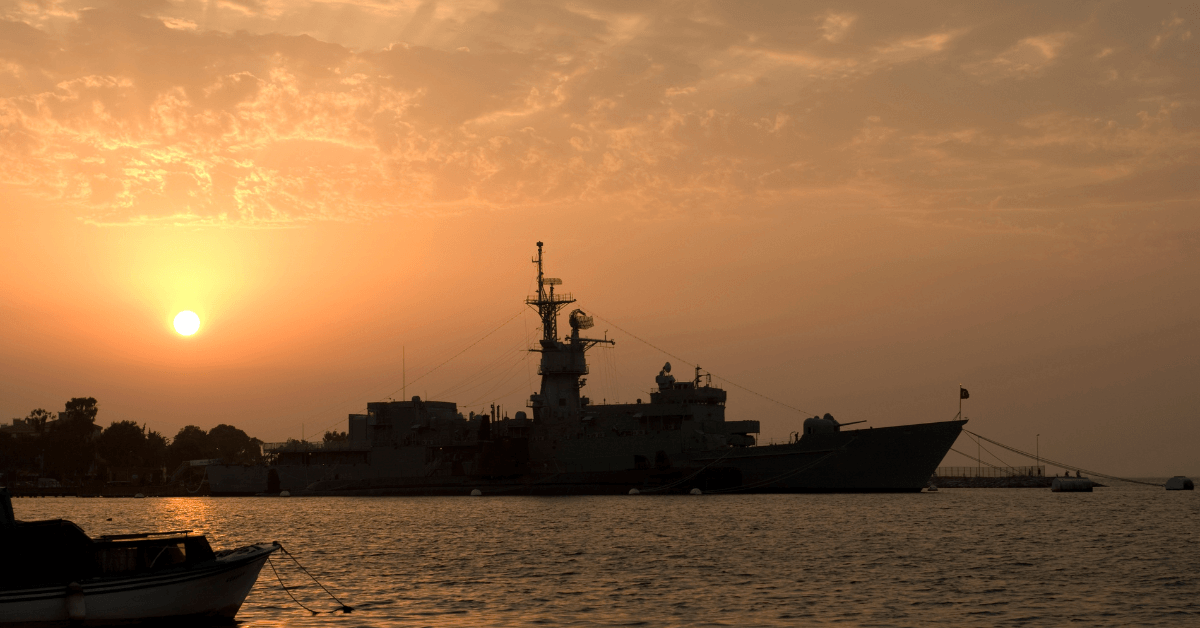
The Houthis will likely reduce the frequency of attacks on shipping in the Red Sea while the ceasefire remains in place, but the ceasefire is very likely to collapse beyond its initial phase.
The Houthis claimed in their statement on 19 January that attacks on Israeli-owned vessels would also cease if all three proposed phases of the ceasefire were implemented, which currently include the Israel Defense Force (IDF)’s complete withdrawal from the Gaza-Egyptian border, declaration of the conclusion of hostilities, and discussion over Gaza’s post-war arrangements.
However, it is very unlikely that the IDF will withdraw from Gaza entirely and access is likely to remain heavily restricted. The Houthis are likely to cite this as justification for continued missile and attack uncrewed aerial vehicle (UAV) attacks against Israel. Israeli air defenses are likely to be more successful at intercepting Houthi attacks if missiles are fired in single or low numbers, but there is a high risk of damage from fallen debris or shrapnel fragments from interceptor missiles if interceptions take place over Israeli territory.
If Houthis attacks against Israel resume, US-led coalition strikes on the Houthi will very likely continue, triggering renewed Houthi targeting of US- and UK-affiliated vessels, which poses a severe risk to all vessels in transit in the 12-month outlook due to uncertainties around targeting selection. The Houthis have claimed since US-led strikes on the Houthi began on 12 January 2024, that they are targeting Israel-owned or affiliated vessels and those of the US and UK. Our data indicates that this only represents 37% of the incidents targeting commercial shipping, with the remaining 63% of vessels having no clear affiliation with these countries.
An expanded Israeli campaign aimed at eliminating the Houthi’s leadership and degrading its capabilities would probably require support from regional allies, which would very likely trigger Houthi retaliation against the United Arab Emirates (UAE) and Saudi Arabia. S&P Global Market Intelligence considers the formation of such a coalition, likely involving the US and Gulf states like Saudi Arabia and the UAE and with the commitment of significant ground forces in Yemen, to be unlikely unless the Gulf markets are provided with material support and security guarantees from Israel and the US for air defence of critical economic infrastructure and development projects.
Before the ceasefire between Saudi Arabia and the Houthis being agreed in 2022, according to S&P Global Market Intelligence, the Houthis recorded the highest number of attacks into Saudi Arabia since the Yemeni conflict started in 2015. In 2021, there were 188 attacks compared to 35 in 2020, 132 in 2019, and 112 in 2018, and it is likely that the group has continued to expand its missile and UAV arsenal since then.
The risk to ongoing Saudi infrastructure and development projects from resumed Houthi attacks would be very high and this has probably deterred wider Saudi intervention against the Houthi. Israel would seek to use regional security infrastructure, particularly UAE-controlled islands in the Gulf of Aden, as basing points for operations against the Houthi, which would also increase the likelihood of attacks against the UAE resuming until Houthi missile and UAV capabilities were severely depleted.
This analysis was produced by S&P Global Market Intelligence.
The post Houthis will probably reduce attacks on Red Sea, Israel-Hamas ceasefire holds, but resumption very likely appeared first on Container News.

 Infomarine On-Line Maritime News
Today Maritime News Worldwide
Infomarine On-Line Maritime News
Today Maritime News Worldwide
06
Sun, Apr
 English
English Chinese (Simplified)
Chinese (Simplified) Finnish
Finnish French
French German
German Greek
Greek Italian
Italian Norwegian
Norwegian Spanish
Spanish Swedish
Swedish

































































